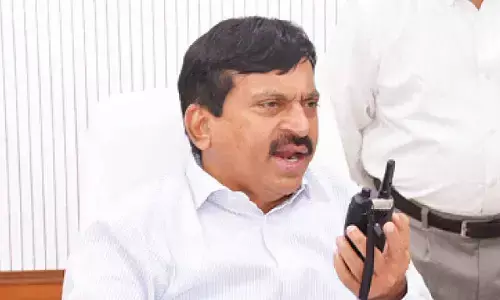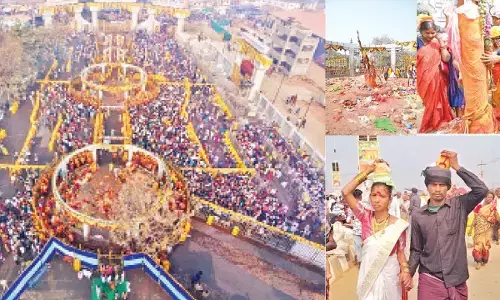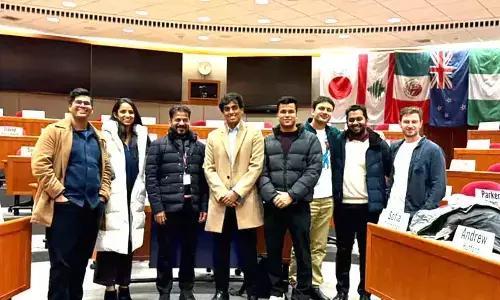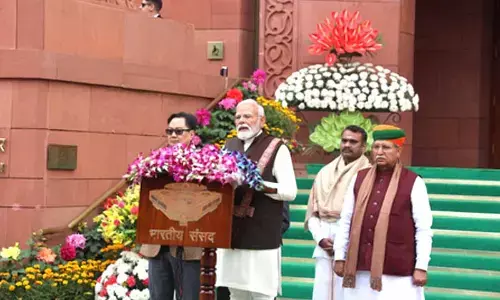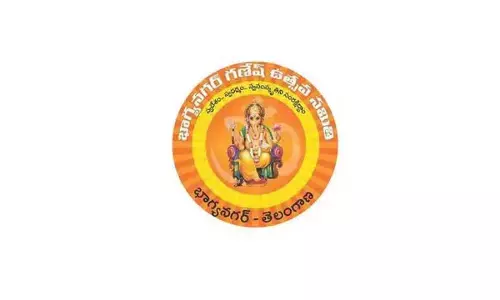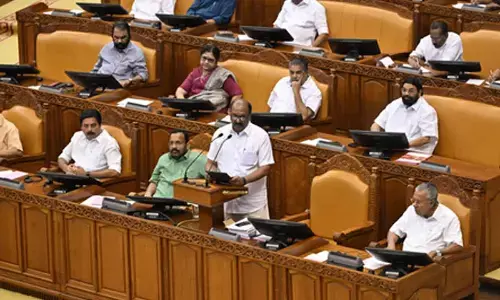The Bokakhat-Brooklyn connection
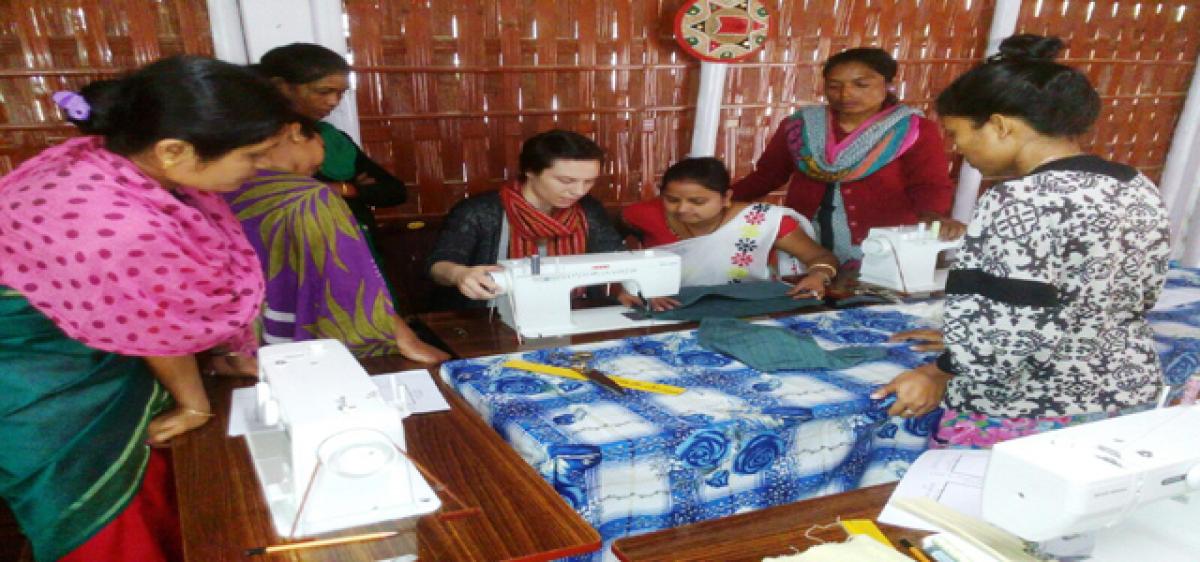
Anjumoni Doley, 20, and Ritumala Singh, slightly older, from Bokakhat, close to the Kaziranga National Park in Assam, were two women living on the margins, who needed to contribute to the household income so that their siblings could go to school and to ensure that there was always food on the table.
Anjumoni Doley, 20, and Ritumala Singh, slightly older, from Bokakhat, close to the Kaziranga National Park in Assam, were two women living on the margins, who needed to contribute to the household income so that their siblings could go to school and to ensure that there was always food on the table.
Both had dropped out of school and college, respectively, to support the family. While Anjumoni learnt weaving from her aunt and began plying the loom to make a range of fabrics, Ritumala learnt embroidery from her cousin and started selling her work through a small clothes shop of her own.
Then, earlier this year, the two women participated in a special workshop for artisans organised by the North East Social Trust (NEST), an NGO working for the economic empowerment of impoverished women through traditional Assamese crafts and weaving skills.
That experience has turned out to be life changing to say the least. That’s because here they connected with Kristine Gottilla, designer and founder of Spencer Devine, an American hand and travel bag label. Gottilla has been visiting the State since 2012 to derive design inspiration from the exquisite weaves of the region as well as to do her bit to help local women to alleviate their circumstances.
According to the Brooklyn-based designer, not only are the traditional motifs and designs of the different communities in the North East “extremely interesting”, but the skills of rural Assamese artisans are truly matchless.
Both Spencer Devine and NEST came up and experimented with different possibilities of taking this initiative to a different level and worked on it over the past couple of years. In the meantime, Gottilla made it a point to visit Bokakhat every year and spend time with the artisans to gain a better understanding of the designs, their skills and their lives.
Today, Gottilla is successfully retailing ‘Assam Capsule’, a range of bags for her US customers, integrating the fabrics, designs woven at Bokakhat. A part of the profit she earns out of the sales is given back to NEST, which in turn uses the money to provide sewing machines to women of BPL (Below Poverty Line) families so that they can earn a decent living.
With the sewing machines they have received, most women are now running sewing schools and doing some additional tailoring work on the side. So far, 10 machines have been given out, including to Anjumoni and Ritumala, who are happy to have benefitted from this project.
Usha International, from whom the sewing machines have been purchased by NEST, too, has given seven days of basic training on cutting and stitching apart from tutorials on maintenance and repair. This has, in fact, helped them run their tailoring schools efficiently and enabled them to give a certificate to their student at the end of the course.
And how do the exclusive Bokakhat-Brooklyn collaboration bags come to life? Whereas select artisans from Bokakhat weave exquisite fabrics embellished with their special designs, the beneficiaries of the Sewing Machine project create the preliminary shapes of the bags.
These are then shipped off to Gottilla’s studio in Brooklyn. Once there, her team and she get down to the task of giving the finishing touches by putting together the leather work, the Assamese embroidery, motifs and other add-ons.
The end result: there’s the Spencer Devine LG A-line, which is a fine, yet durable, leather tote that easily transforms into a backpack and is one of their best-selling items. Other products range from a variety of leather pouches to the Assam Tote, a simple and light-weight cotton carry-all that can be packed to the rim with market bounty.
The price of these bags ranges between US$42 and US$524. The bags can be used in multiple ways by the “chic women” - for the morning bike ride, yoga class, formal business meeting or an evening cocktail.
Thanks to this collaborative venture, the 21 talented women creators at the Assam end of the manufacturing line are able to contribute Rs 1,000 to Rs 2,000 to their family income. While 11 women are weaving the material for the bags, 10 are stitching them with their new machines. Each one of them works from home, coming once in a while to the Bokakhat office to brainstorm for design development and review meetings.
Joining hands with NEST and Gottilla has certainly changed Anjumoni’s life for the better. Earlier, she had to borrow her aunt’s sewing machine to do her stitching work but that’s not the case anymore. As the proud owner of her very own machine, proprietor of a small sewing school and tailoring business, these days she judiciously spends her time mentoring other girls in addition to expertly fashioning stylish women’s clothes for her clients.
Like her, Ritumala is also pleased at the way things have turned out for her, especially her enhanced earnings and her new status in Bokakhat. She has two students presently, but hopes to eventually have a “big sewing school of my own”.
Of course, the one constant source of pride for them all is their work on Assam Capsule. Indeed, recently, the women were very excited to have their work showcased at NY Now, a premier exhibition “for all that’s new and on trend in specialty retail”, held in the Big Apple.
Although there is a renewed focus on indigenous Indian weaves as well as the conditions of weavers, commercially, this talented group is yet to get their dues. Such opportunities definitely bring in newer possibilities and the promise of good times.
By: Usha Rai








